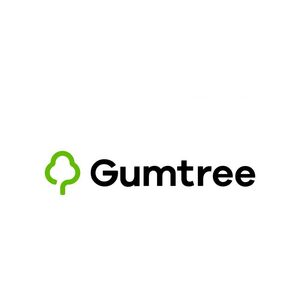OzB family, in recently selling on Gumtree, I thought to do a little research on how to reduce my likelihood of getting scammed as a seller.
In descending order of safety (perceived or genuine), here it is — I'd love to know what you think:
- The Gold Standard: In person, cash only. *^
- Bank (not personal) cheque, or Australia Post Money Order.º
- Direct bank transfer by Pay ID.º
- *Bonus: where possible, at the local police, bank, or a public venue with CCTV.
- ^Extra Bonus: have your bikies friends in attendance.
- ºWait until the funds are in hand or in your account
Re #3: I now prefer PayID over bank details after reading this Money article — Jeremy Clarkson was famously proved wrong that nobody could use his bank details (that he posted publicly) to withdraw money from his accounts.
For big transactions, user toys19’s suggestion in this forum is probably the Platinum Standard — a combo of #1 and direct bank deposit:
“made buyers meet me at the bank and paid it into my account with me looking over their shoulder”.
A different opinion: According to BlazinPast back in 2017, #2 and #3 are safer than #1 if scammers pay you with fake currency. Maybe not likely, but worth thinking on for big dollars?
So does that sound about right to you?
Happy to know if I missed a great option or got something very wrong.
On a related note, it would be great to come up with a similar list from a buyer's view.
Cheers.

Photograph of the happy transaction for posterity and crimestoppers. Transaction in a CCTV area is a good idea.